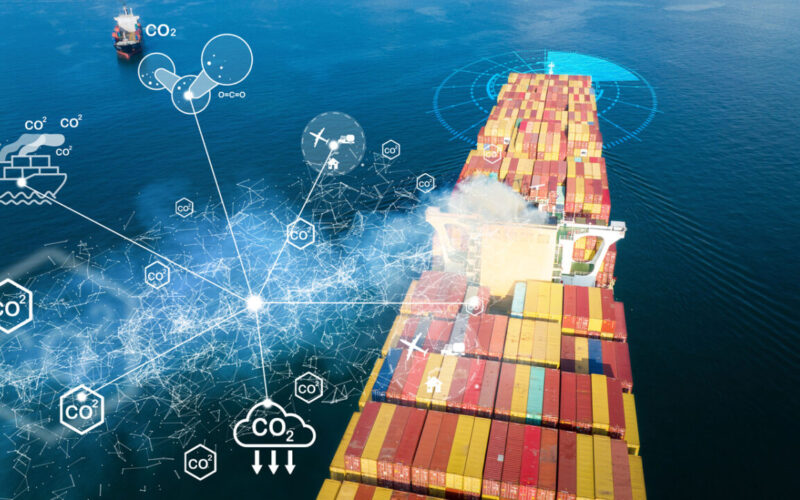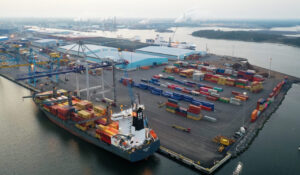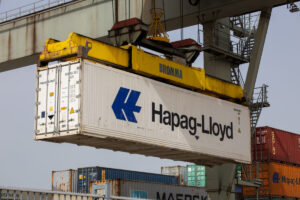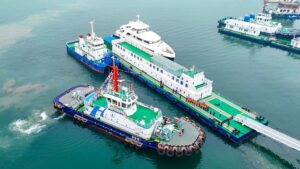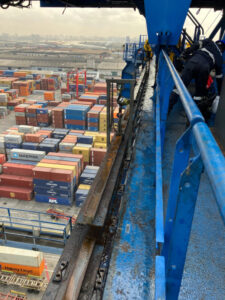Seabound, a UK-based player in carbon capture solutions for the shipping industry, has successfully tested its novel carbon capture technology on a commercial containership.
The pilot, conducted in collaboration with the global shipping company, Lomar, and its corporate venture lab, lomarlabs, demonstrated Seabound’s unique system that uses a second-generation carbon capture technology called calcium looping.
Seabound’s system was approved for onboard testing by the American Bureau of Shipping (ABS), with an additional risk assessment completed by Lloyd’s Register.
This innovative system has the potential to capture up to 95 per cent of CO2 emissions from a ship’s exhaust, transforming it into solid calcium carbonate pebbles that can be easily offloaded at port for reuse or sale.
Seabound and Lomar secured £1.2 million ($1.5 million) in grant funding from the UK Government as a part of the Clean Maritime Demonstration Competition Round 3 to fund part of the pilot.
READ: UK government grants £33 million for green maritime technology
The project saw Seabound and Lomar leverage a 240 metre long containership with a capacity of more than 3,200 containers as a real-world lab. The ship was chartered by Hapag-Lloyd, who also supported the project.
The test successfully captured roughly 1 tonne of CO2 per day in a prototype system. The tests reportedly prove the viability of Seabound’s novel technology for the shipping industry and lay the foundation for much larger-scale installations in the future.
The Seabound team completed the installation at a shipyard in Turkey and sailed onboard the ship for two months to gain hands-on operating experience. A series of tests were completed onboard the ship, which increased the carbon capture rate over time and culminated in a carbon capture efficiency of 78 per cent and sulfur capture efficiency of over 90 per cent.
“Our pilot project demonstrates that we can capture carbon emissions directly onboard ships in a simple and cost-effective way,” said Alisha Fredriksson, CEO and Co-Founder of Seabound.
“This breakthrough demonstrates that the shipping industry doesn’t have to wait for new fuels or solutions to reduce its emissions in the future – we can start to capture carbon from the existing fleet today.”
READ: ABP, BW Ideol partner to accelerate decarbonisation solutions in Port Talbot
“Seabound’s technology presents an attractive and viable solution to reducing carbon emission, with a technology that is simple to install, operate and maintain,” said Stylianos Papageorgiou, Managing Director of lomarlabs.
“We are excited to join Seabound’s mission and believe their technology could be instrumental in driving a cleaner future for maritime transport.”
In December 2023, leaders in the global shipping industry came together in an unprecedented move, issuing a joint declaration at COP28 to drive the decarbonisation of maritime transport.

